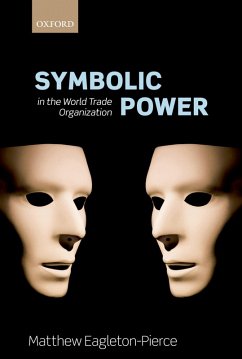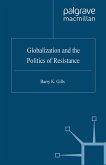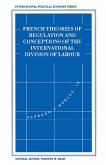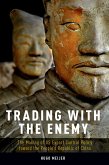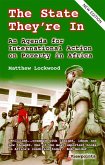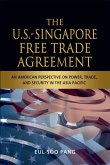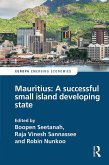Questions of power are central to understanding global trade politics and no account of the World Trade Organization (WTO) can afford to avoid at least an acknowledgment of the concept. A closer examination of power can help us to explain why the structures and rules of international commerce take their existing forms, how the actions of countries are either enabled or disabled, and what distributional outcomes are achieved. However, within conventional accounts, there has been a tendency to either view power according to a single reading - namely the direct, coercive sense - or to overlook the concept entirely, focusing instead on liberal cooperation and legalization. In this book, Matthew Eagleton-Pierce shows that each of these approaches betray certain limitations which, in turn, have cut short, or worked against, more critical appraisals of power in transnational capitalism. To expand the intellectual space, the book investigates the complex relationship between power and legitimation by drawing upon Pierre Bourdieu's notion of symbolic power. A focus on symbolic power aims to alert scholars to how the construction of certain knowledge claims are fundamental to, and entwined within, the material struggle for international trade. Empirically, the argument uncovers and plots the recent strategies adopted by Southern countries in their pursuit of a more equitable trading order. By bringing together insights from political economy, sociology, and law, Symbolic Power in the WTO not only enlivens and enriches the study of diplomatic practice within a major multilateral institution, it also advances the broader understanding of power in world politics.
Dieser Download kann aus rechtlichen Gründen nur mit Rechnungsadresse in A, B, BG, CY, CZ, D, DK, EW, E, FIN, F, GR, HR, H, IRL, I, LT, L, LR, M, NL, PL, P, R, S, SLO, SK ausgeliefert werden.

